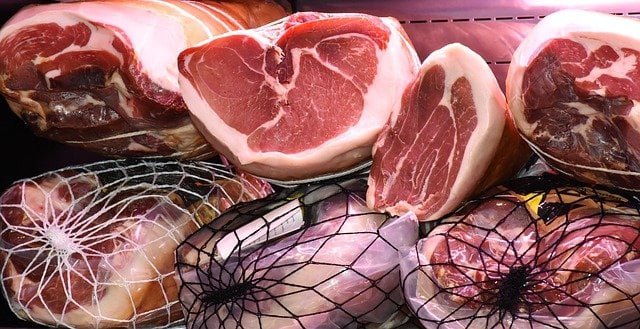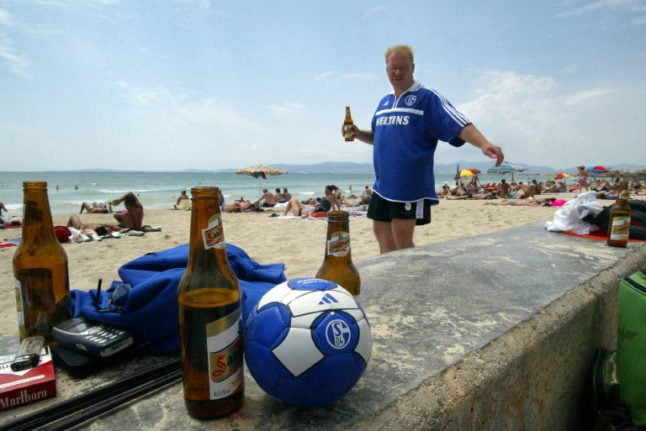“What isn’t at all sustainable is these so-called mega-farms. They find a village in a depopulated bit of Spain and put in 4,000, or 5,000 or 10,000 head of cattle,” Consumer Affairs Minister Alberto Garzón told the British publication.
“They pollute the soil, they pollute the water and then they export this poor-quality meat from these ill-treated animals”.
His comments have caused an uproar from the Spanish meat industry, other politicians and from senior members of the ruling Socialists, causing the Spanish government to distance itself from his comments.
Garzón defended what he said in a radio interview with Spain’s Cadena Ser, arguing: “I’m not saying anything new. I’m just relaying what scientists say. Everyone knows that the factory farming of meat causes pollution … and emits greenhouse gases”.
Spain is in fact fifth largest exporter of meat in the world and is the largest exporter of pork products.
Its cured hams are known throughout the globe for their excellent quality and have a rich history over hundreds of years.
Pork sales outside of Spain reached a value of more than €7,000 million in 2021.
This isn’t the first time that Garzón has spoken out against the meat industry. In July 2021, he pleaded with Spaniards to consume less ‘carne‘ to protect their personal health as well as the future of the planet. These comments also angered livestock farmers and farmers’ associations.
READ ALSO – ‘Eat less meat’: Minister calls on Spaniards to cut down on carnivorous habits
But whereas the polluting side of mass livestock farming is something that scientists have confirmed as fact in both Spain and abroad, the quality and taste for the consumer is something that’s completely subjective.
Tell us what you think – Is the quality of Spain’s meat really that bad and how do you think it compares with the quality of meat in other countries?



 Please whitelist us to continue reading.
Please whitelist us to continue reading.
Member comments